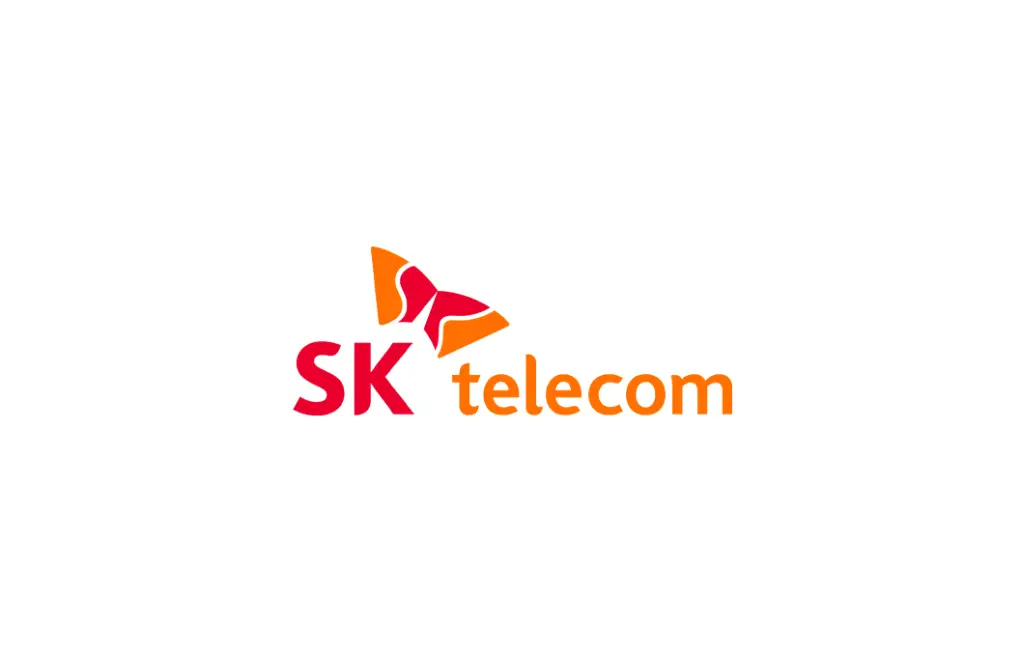
South Korean telecommunications giant SK Telecom has suspended the registration of new subscribers nationwide, shifting its focus to the replacement of SIM cards for its 25 million existing customers. This decisive move follows a severe cyberattack in April, which resulted in a widespread malware infection and the leakage of user data.
As of May 5, the initiation of new contracts has been halted across all 2,600 T World retail outlets as well as online channels. The company’s immediate priority is assisting affected customers. All users have been offered complimentary SIM card replacements to mitigate the risk of cloning—one of the most dangerous outcomes of such breaches. The replacement initiative began on April 28 and is being conducted both at standard retail locations and service centers within airports.
To streamline the process, SK Telecom has launched a dedicated online booking system for scheduling SIM card replacement appointments. For customers opting to carry out the replacement independently, the company has pledged to reimburse associated costs. Nonetheless, the mass replacement effort is encountering logistical challenges; in some regions, heightened demand has led to temporary shortages of replacement cards.
An internal report from SK Telecom confirmed that the breach was caused by malware that infiltrated the company’s systems. Following the disclosure of the attack in April, SK Telecom’s stock value plummeted by 8.5%, marking its lowest point since August of the previous year.
SK Telecom remains South Korea’s largest mobile operator, commanding roughly 50% of the national market. Beyond its core telecommunications business, the company owns a music streaming platform, invests in sports, and recently launched the country’s largest AI chip production facility. Through its U.S. subsidiary, SKT Americas, the group maintains an active investment portfolio in Silicon Valley tech startups.
SK Telecom is a key arm of SK Group, South Korea’s second-largest conglomerate. The group encompasses over 175 companies worldwide, with operations spanning ICT, biopharmaceuticals, mobility, semiconductors, electric vehicle batteries, and life sciences.


